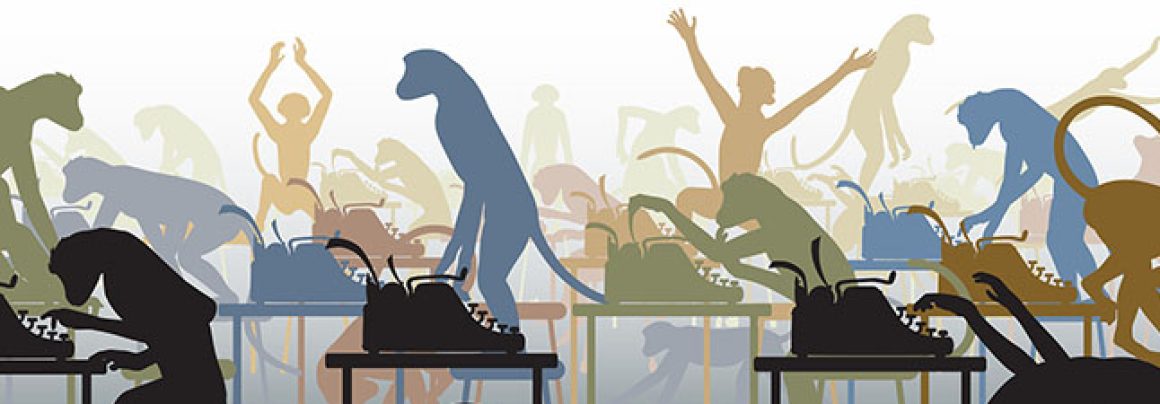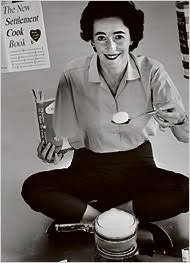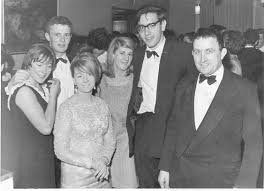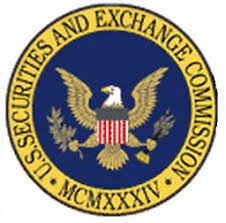As I wake up and recollect what day it is–Saturday–I breathe a sigh of relief. No rush to the train, no crowded streets to navigate, no tedious job to go to. But then I remember what tonight will bring; dinner with our socially superior friends–the Cabots.

“I do so love franks ‘n beans–but they cause me to flatulate.”
We’ve known each for a long time. Our kids were in daycare together, we stay in touch with Christmas cards and always say hi when we see each other at the local overpriced monopoly ice cream stand, but the bond forged by our initial shared interest–”You have a two-year old? We have a two-year old too!”–has for some reason loosened over the years.
“Why do they keep calling us?” I asked my wife at breakfast.
“I think they like to have people to lord it over,” she says. “It’s like coming over on the Mayflower (which their ancestors did). It wasn’t really special until another boat came and the Pilgrims could say ‘We were here first!’”
“The problem with getting together with them isn’t that we have nothing to say to each other,” I note, and it’s true–we still communicate on the surface. “It’s that everything is so . . . precious . . . and delicate . . . and precise.”
“I know–with their crowd it’s like a Merchant-Ivory movie. Everybody calling each other by their full name–’Theodore’ and ‘Victoria’–or else some improbable childhood nickname like ‘Bink’ or ‘Tagg’ or ‘Biff.’ There’s no middle ground.”
“I guess we’ll just have to suck it up again,” I said as I stood up. “It’s just that it’s such a shock to the system to walk into their house, like diving into the ocean. Bracing, yes, but so cold!”
“Maybe you should warm up during the day.”
“Like how?”
“Well, I suppose we could talk like stiff characters in a Merchant-Ivory movie all day.”
I thought about her suggestion for a moment, and . . . upon further review, as the NFL refs say–it was brilliant.

“You’ve got some kind of goober on your lip.”
“That is so . . . freaking . . . clever!” I said as I gave her a hug. “I’m going to go through all my chores today using a stilted accent and a patronizing attitude towards those less fortunate–than I!”
“Shouldn’t you use ‘me’–it’s objective case.
“Not if I’m going to do the Merchant-Ivory thang,” I say, lapsing into the patois I learned in a restaurant kitchen on Chicago’s South Side. “If you want to sound like a real toff, you have to use ‘I’ whenever possible. ‘Me’ is so–”
“Declasse?”
“Precisely the word I was looking for! Well–I’m off to do my usual chores. Dump and recycling, dry cleaners, pick up cat litter. See you–one or two-ish?”
She starts to say “okay” but stops herself, realizing how . . . common that would sound. “Wonderful,” she says, upgrading to first class.
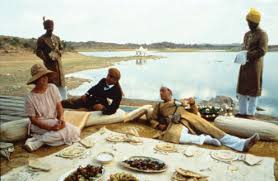
“I say–anyone up for a spot of topless beach volleyball?”
I head for our little town’s dump, the focal point of every New England town with WASPy roots so deep and cheap the citizens won’t pay for curbside trash collection. I wave to the sanitation engineering crew as I stop my 2012 Toyota Highlander, loaded to the gills with recyclables and garbage that my family claims–contrary to the evidence of my senses–makes my car smell like a slaughterhouse.
“Gentlemen–what’s the good word!” I ask cheerfully as I haul newspapers to the appropriate recycling slot.
“No-idle zone, you got to turn off your engine, pal,” the one named “Tony” says.
“Right you are, my good man–awfully sorry about that,” I say as I tip my hat. The working class-types love it when you pretend to care what they think. I turn off the car and, as I’m making my way to the plastics bin, I cast a gimlet eye at the one named “Bill.”
“Say,” I say, “what size suit do you wear?”
“I don’t wear suits,” he says. “I get too hot in ‘em.”
“My good man, this simply will not do!” I say, preparing to make a few subtle corrections to the fellow’s haberdashery. “I have a size 46 suit in the car that I was going to take to the Goodwill bin–would you like to try it on? Sort of a ‘preferred customer’s privilege.’”
Bill looks at Tony and the third guy, Gus. I get the sense he’s afraid they’ll think he’s getting too big for his britches.
“Geez, I don’t know,” he says to me under his breath. “I don’t want the guys to think I think I’m superior or nuttin’.”
“You’re only as superior as you feel,” I say as I remove the jacket from the hanger, and hold it out for him to try on. “It fits perfectly!” I tell him, and I’m not just trying to close the sale.
“You think so?” he asks, as he examines himself in a rejected mirror, which garbage patrons are commanded not to discard in the glass bins.
“I know so,” I say, smoothing the jacket in the back. “It comes with this slightly-stained power tie, a 2019 model, before the crash. Very prosperous looking!”
I hold a pastel number festooned with little ducks and a single–but fatal!–spot of marinara up to his lapel for him to examine. “Tasteful, no?”
“Is that one of them Vineyard Vines ties?” Gus asks. Somehow, I hadn’t figured him to be the fashion plate of the group, as I suspect he shops at the Clothing for the Homeless trailer parked conveniently near the entrance.
“It is. Very expensive, but it’s sort of a shibboleth among the i-banking crowd.”
“What’s a shibboleth, and what’s an i-bank?” Bill asks. He tries to streamline his queries to dump patrons, knowing that time is money among the professional crowd.
“A shibboleth is a test–a way to separate da wheat from da chaff that’s as old as the Bible, but as new as the latest trend in men’s fashions,” Gus says. “‘I-bank’ is shorthand for investment bank. If you come into a big M&A meeting with a cheap Jos. A. Bank cotton-poly blend, you’re not gonna win dat beauty contest.”
“Right you are, old sport,” I say. “I also have a Brooks Brothers shirt,” I say, taking a wire hanger with a bold checked print from the suit bag.
Bill is dubious. “I dunno–don’t you think that’s kinda loud?”
I exchange looks with Gus. “Bill,” I say, my eyes narrowing. “You’ve got to have fashion guts.”
“Yeah,” Tony says. Gus and I are glad to have some back-up on this fashion 9-1-1 call. “You want colors, patterns and fabrics that just scream ‘Kiss my ass and make it a love story, you mook’ when you confront somebody making a hostile takeover bid.”
I hate to be a stickler, but I note a defective usage, and I feel compelled to bring it to Tony’s attention. “I think you meant to say ‘an’ hostile takeover bid.’”
“Geez, I don’t think so,” Bill says. “You don’t say ‘My kid hit ‘an’ home run in the Pony League playoffs last year.”
“Perhaps you wouldn’t,” I say, not wanting to seem–disputatious. “But perhaps–in a business context, when one is not discussing one’s children among one’s friends . . .”
“Three ‘one’s’ in one sentence–a hat trick!” Gus says, admiringly.
“–it is better to affect a British usage.”
I get nods of agreement all around, and Tony and Gus step back to take in the full-effect of Bill’s makeover. I throw my three bags of non-recyclable trash–which contain several dead chipmunks whose enthusiasm for spring caused them to forget my cats’ killer instincts over the winter–in the compactor bay, and I’m ready to take off.
“Well, good to see you gentlemen,” I say with a Bertie Wooster air as I get in my car.
“What else you got goin’ on this weekend?” Gus asks.
“We’re having dinner with the Cabots tonight,” I say. I give them a little moue to indicate that I’m not looking forward to the occasion.
“That guy? Yeah, I know him,” Gus says.
“He’s da one who hangs around the ‘Take it or Leave It’ shed and dives like a swan whenever somebody throws away a pro wrestling video,” Tony notes with a touch of disapproval at this gross breach of dump etiquette.
“Yeah,” Bill adds. “Either that or a NASCAR video game.”
Available in Kindle format on amazon.com as part of the collection “Blurbs From the Burbs.”
